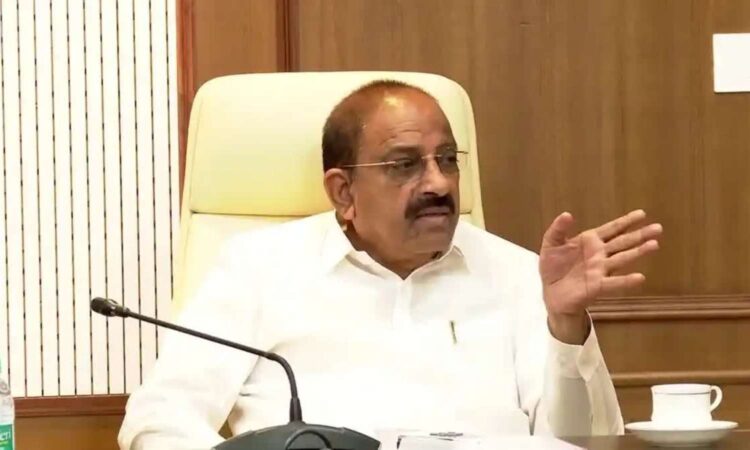Hyderabad: Telangana Agriculture Minister Tummala Nageswara Rao on Tuesday denounced the Central government’s decision to extend the exemption of 11% import duty on US cotton until December 31, 2025, calling it a direct threat to India’s farming community.
He said the move would benefit textile exporters at the expense of Indian farmers, despite the country being among the world’s top cotton producers. Rao alleged that the decision was made under US pressure, just weeks after Prime Minister Narendra Modi had publicly committed to prioritising farmers’ interests during the centenary celebrations of M.S. Swaminathan.
Import duty on US cotton will depress domestic prices
Addressing reporters, Rao said the imported US cotton would enter the Indian market at Rs 49,000–51,000 per candy, significantly lower than the Cotton Corporation of India (CCI) rate of Rs 56,000–57,000. This price gap, he warned, would damage domestic farmers’ prospects and result in potential losses to CCI on its existing stock.
The minister added that cotton growers in Telangana, Maharashtra, and Punjab were already battling declining yields, and would now suffer added market pressure. He further criticised the US for offering subsidies to its cotton producers while pushing genetically modified seeds into India, which he said could endanger agricultural biodiversity and undermine local farming practices.
Urea crisis deepens amid global disruption
Turning to the fertilizer situation, Rao flagged a severe drop in urea availability, with national stocks falling from 86.43 lakh tonnes in August 2024 to just 37.19 lakh tonnes by August 2025. He attributed the shortage to global price spikes, logistical disruptions, and the shutdown of several domestic production units.
He expressed concern over declining soil quality due to excessive dependence on chemical fertilizers and urged the Centre to act swiftly. His recommendations included convening consultations with states, securing long-term fertilizer supply deals with Russia and Gulf countries, and announcing a minimum support price (MSP) for organic crops.
Rao also called for central incentives to encourage states to shift 40–50% of agricultural land to organic farming, noting that Telangana was targeting a 10% transition. Emphasising the state’s continued commitment to farmers, he hinted at the possibility of a national protest in coordination with farmers’ associations if the Centre failed to address these concerns.










